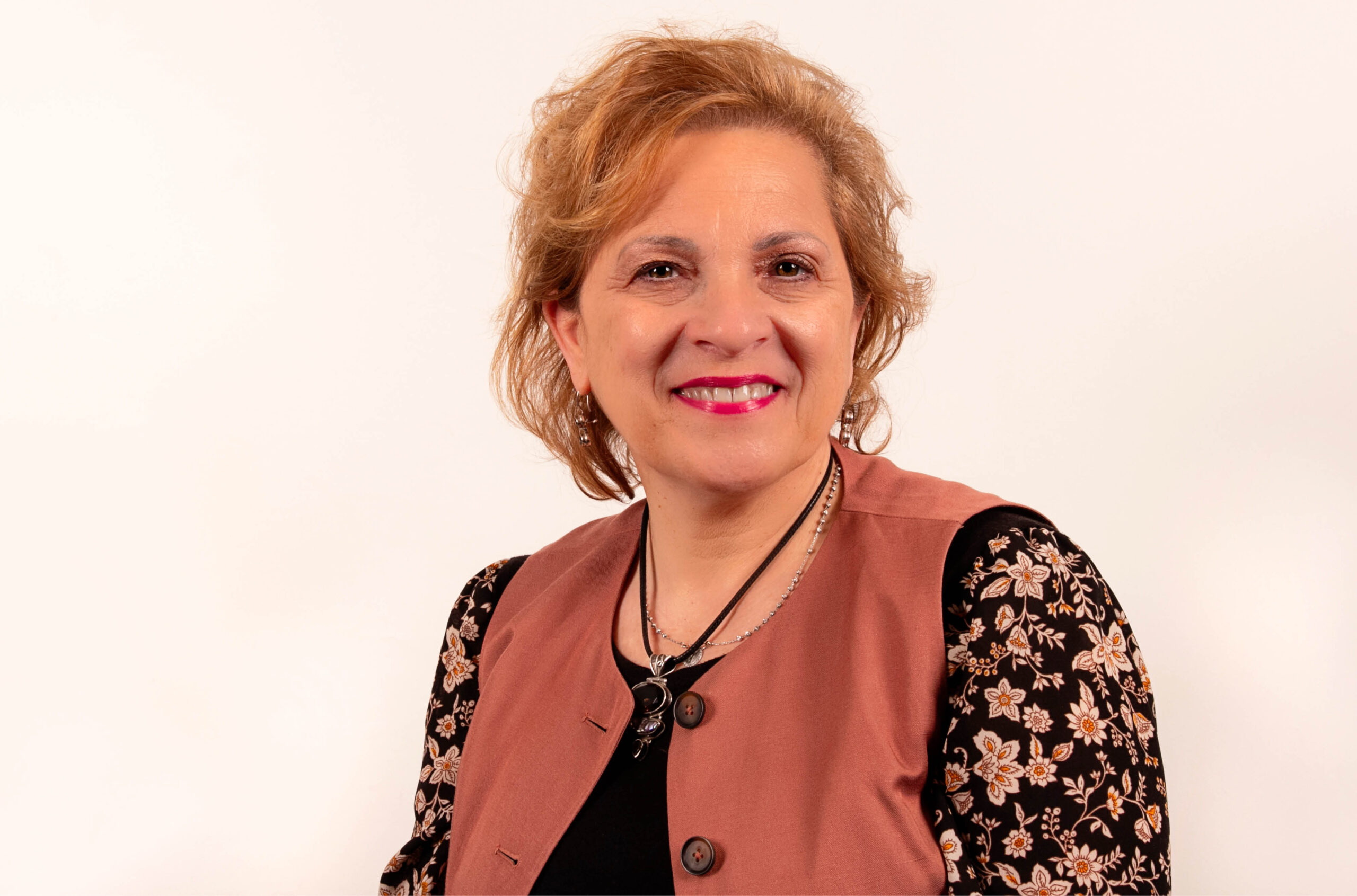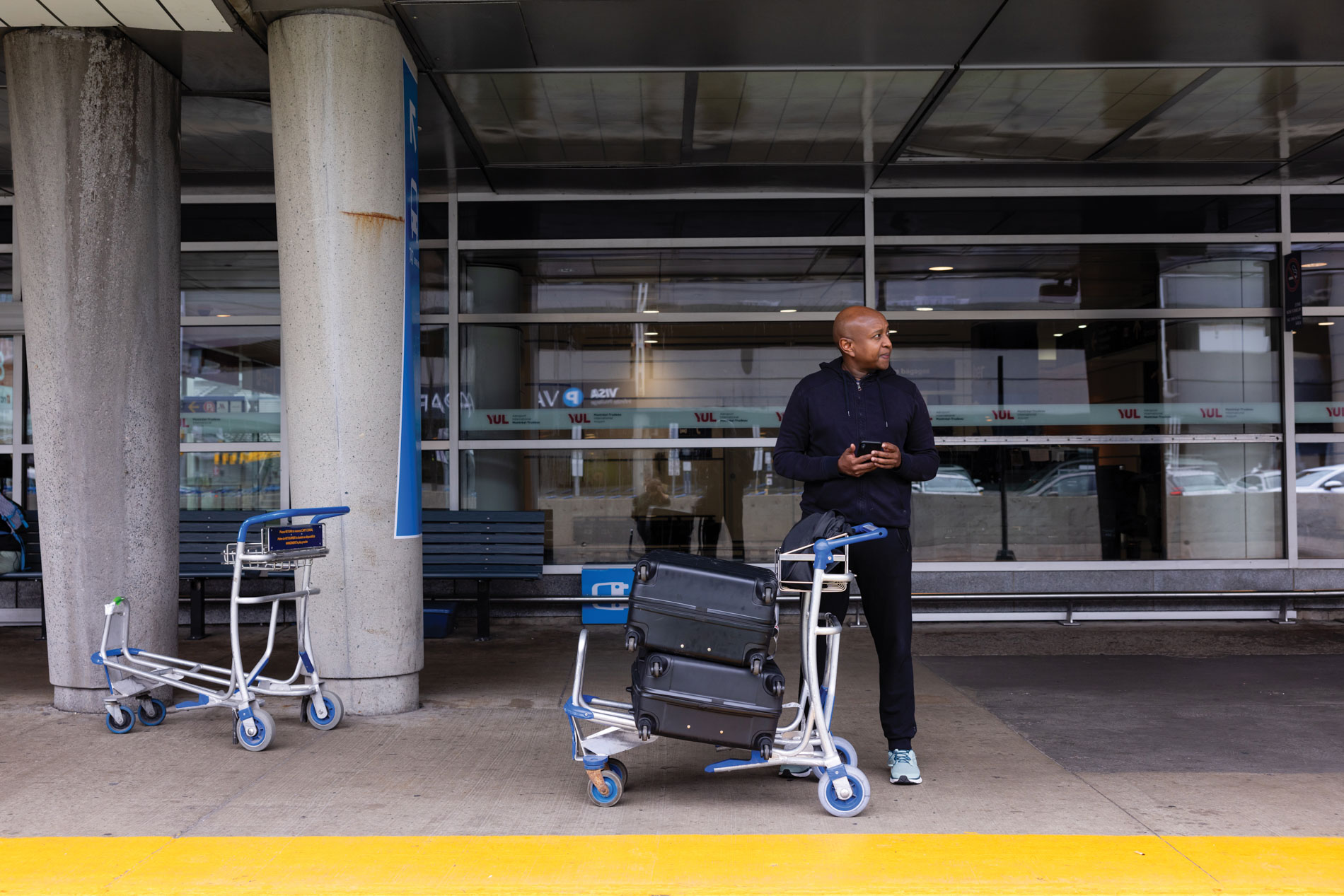Should I stay or should I go? The international student dilemma
Their Canadian experience, particularly in universities, is critical to their decision making process.

Most international students decide whether or not to stay in Canada while they’re attending university. A recent study by a group of researchers outlines the key factors that influence this important choice.
According to researchers at the University of Waterloo, University of Alberta and Western University, a significant majority of international students are uncertain about remaining in Canada when they first enter the country. Only one-quarter of them enter the country with clear intentions to remain. These conclusions are based on interviews with 60 international students at U of Waterloo and U of Alberta.
“This means their Canadian experience, particularly in universities, is critical to their decision about whether to stay or leave,” said Elena Neiterman, a U of Waterloo public health researcher.
The study also indicated that asking if they will leave or settle in Canada is overly simplistic. Everyone has different reasons behind their intention. For a few, this means permanently settling in Canada. University studies might be the first step in a planned immigration process. But for most, “staying” means extending their stay by several months or years before returning home. Instead of two options, international students have to choose from a broad spectrum of possibilities.
Hearts and minds
The decision is complex for students and depends on a combination of personal and professional factors. Some are pressured by family to return to their home country. Others may have family ties in Canada, or they’ve formed friendships or romantic relationships that may motivate them to stay. Other reasons, such as different standards of living or security issues in their home country may also play a role.
Professionally, the sense of having promising career opportunities in Canada may also be a consideration. On the other hand, isolation, an absence of job opportunities and the complex nature of the immigration system can favour a decision to leave.
“Friendships, connections to the host community beyond the university bubble, and professional opportunities, all are important when deciding to stay,” said Victoria Esses, psychology researcher and director of the centre for research on migration and ethnic relations at Western University. Students have come to expect support from their universities, either through internships, mentoring, networking, or employment during their studies.”
Over half of the survey participants also considered applying for permanent resident status after graduation. They believed that permanent residency would provide them with access to scholarships and further education and employment opportunities. Students also see this as a vehicle for decision-making flexibility and a way to go back and forth between Canada and other countries. “It keeps the door open, but doesn’t guarantee that applicants will want to settle here,” said Dr. Neiterman.
More understanding, more support
The findings of this study are similar to those obtained by researchers at the Institut national de recherche scientifique (INRS) in Quebec, involving 32 international students at INRS. Lead researchers Mircea Vultur and Annick Germain and their team also noticed that most students’ plans were still undetermined when they arrived in Quebec. “One group was already considering an international career, while a smaller percentage planned to stay in Canada,” said Dr. Vultur.
The quality of life, safety and inclusiveness of Canadian society are significant pull factors. The intention to stay was more likely when students are in a relationship, or if they had connections with the local population. “The individual trajectory during their stay is highly relevant to the decision,” said the researcher.
Dr. Vultur believes that universities could benefit from creating programs that more precisely address different categories of students, based on their life project expectations. “Once they complete their studies, these students are in high demand, but are also on the move,” he warned. If they don’t have any particular ties to Canada, or if they don’t find career opportunities here, they could very well move on to work in other countries.”
In the face of a labour shortage, recent graduates with Canadian training are prime candidates for immigration. Universities are in an advantageous position to encourage students to stay and assist them through the related processes. However, not every university is equally committed to this role.
“The services for international students vary significantly between universities, especially with support for immigration processes and the opportunities to integrate into the host country,” said Dr. Neiterman. “We don’t have consistent policies, which creates gaps in support for international students.”
Featured Jobs
- Veterinary Medicine - Faculty Position (Large Animal Internal Medicine) University of Saskatchewan
- Business – Lecturer or Assistant Professor, 2-year term (Strategic Management) McMaster University
- Canada Excellence Research Chair in Computational Social Science, AI, and Democracy (Associate or Full Professor)McGill University
- Psychology - Assistant Professor (Speech-Language Pathology)University of Victoria















Post a comment
University Affairs moderates all comments according to the following guidelines. If approved, comments generally appear within one business day. We may republish particularly insightful remarks in our print edition or elsewhere.